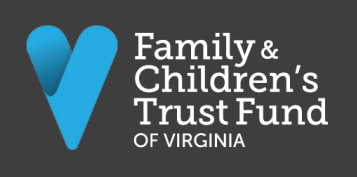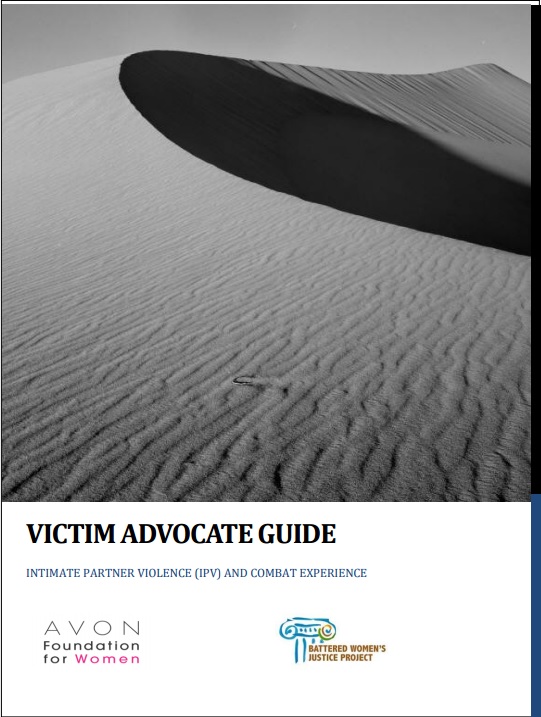Resources Library: Population-Specific Response
Start a Search:
Trauma-Informed Approaches to Elder Abuse: Applying trauma-informed care to in-home services

This issue brief overviews elder abuse, neglect and exploitation and examines how to apply a trauma-informed framework that is sensitive to older adults’ unique social, physical and cultural needs. For the purpose of this brief, “older adults” refers to adults 60 years or older and “inhome services” refers to any program that sends volunteers or professionals to the homes of older adults. An electronic version of this brief and accompanying resources are available at: www.fact.virginia.gov/trauma.
Tribal Implementation of VAWA
This page from the National Congress of American Indians helps to briefly review the application of VAWA as it relates to Tribal communities. Their intent is to push for more inclusion of tribe rights and power to enforce legal and community action towards those who are not included in the VAWA understanding of sexual violence. Current law only allows for tribes to act to address domestic violence towards women only, and limits the ability to prosecute offenders who are not tribal members.
VA, DOD study a major breakthrough for understanding PTSD
Researchers from the Department of Veterans Affairs (VA) and Department of Defense (DOD) recently released findings of a new study called Prospective Post-Traumatic Stress disorder Symptom Trajectories in Active Duty and Separated Military Personnel, which examines Post Traumatic Stress Disorder (PTSD) symptoms in Veterans, compared with active-duty populations.
This is the first known study comparing PTSD symptom trajectories of current service members with those of Veterans, and is the product of a collaborative effort from VA and DOD researchers analyzing data from the Millennium Cohort Study (MCS), the largest prospective health study of military service members.
To learn more about the study itself, click here.
Victim Advocate Guide: Intimate Partner Violence (IPV) and Combat Experiences

Most people returning from war zones will have stress reactions and will need to readjust to being home. It’s important that advocates understand these stress reactions and their relationship to IPV in order to provide effective information and referrals to victims whose partners have been exposed to the trauma of combat and are exhibiting violent or abusive behavior.
This guide will help answer some important questions related to helping those with combat experience and their families return to and readjust for civilian life.
Click here to view this resource.
Virginia Center on Aging: Abuse in Later Life Program
Virginia Center on Aging Abuse in Later Life Program provides professional development to those working in the fields of law enforcement, aging services, adult protective services, domestic and sexual violence, health care and more. By working collaboratively, we can put the pieces together to see and address the whole story--the whole person--the whole system and to improve the lives of victims of abuse in later life.

